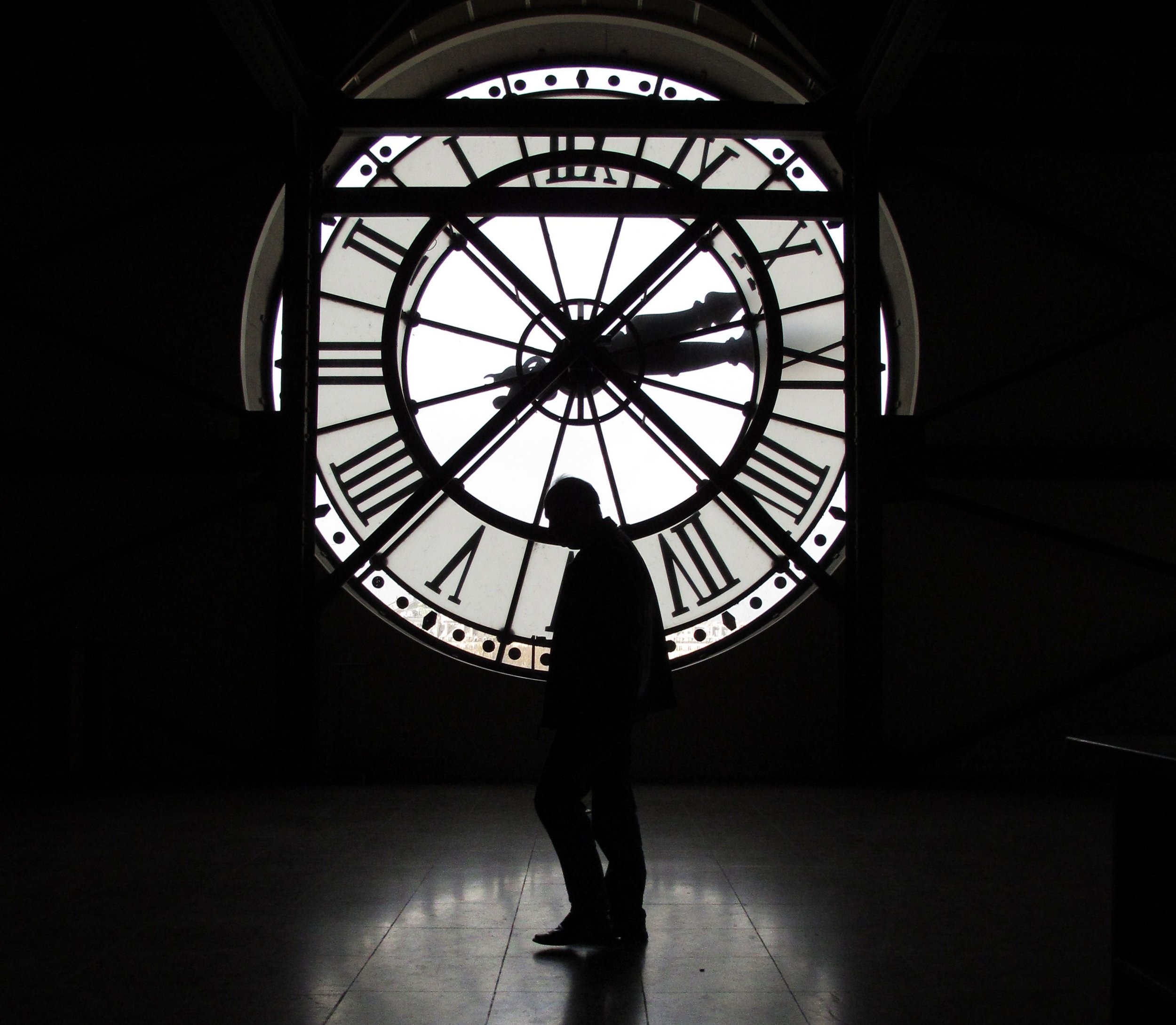
Millions of people around the world will be "falling back" when daylight saving time comes to an end this fall. But a debate over whether people truly benefit from the practice has been raging on for decades.
Daylight saving time is observed in an estimated 70 countries, with a number of practicing countries debating whether to abolish it. The European Union announced in August that the would allow member countries to decide whether to continue observing DST or to do away with it.
The EU asked residents to respond to an online form, which found that millions overwhelmingly were in favor of abolishing DST, The New York Times reported. Officials said in August that the European Commission would submit a proposal to end obligatory daylight saving time in member nations. The process, however, was expected to extend as least one more year.
On September 14, the EU announced that it would abolish the twice-yearly clock change beginning in October 2019. Member states were given until April to decide whether they would remain on summer or winter time, according to Reuters.
The debate over the practice extends past the European Union. Arizona and Hawaii are two states that stopped observing DST. Arizona did away with the practice in 1968, while Hawaii abandoned the Uniform Time Act in 1967, TIME reported. Due to their locations, DST is deemed unnecessary.
Pros and Cons of DST
While daylight saving time aims to give people an hour more of sunlight, researchers say that human's internal body clocks never truly adjust to the change.
Researchers in Michigan found that there was a small rise in heart attacks during the first day of the spring transition. Writing in The American Journal of Cardiology, the researchers concluded that the shifts to and from DST might briefly affect the amount and type of acute cardiac events.
The season clock shift also affects the body's daily sleep-wake cycle, which can have dire consequences. In a review for the journal Sleep Medicine Reveiws, Dr. Yvonne Harrison, a senior lecturer at Liverpool John Moores University in England, found that the one-hour shift affects sleep cycles up to a week.
Other experts believe the change is not as detrimental. Dr. Clete Kushida, the medical director of the Stanford Sleep Medicine Center, told SCOPE that the effects of DST depend on the individual's internal clock.
"For some who have a strong internal clock with very constant bedtimes and awakening times, even a one-hour time change can cause them to have sleep issues for weeks," Kushida said. "That said, most individuals have an internal clock that is longer than 24 hours, which means that they have a natural tendency to want to sleep later and get up later, so most people don't have difficulty adjusting to DST."
Daylight Saving Time officially ends in the United States at 2 a.m. on Sunday, November 4.
Uncommon Knowledge
Newsweek is committed to challenging conventional wisdom and finding connections in the search for common ground.
Newsweek is committed to challenging conventional wisdom and finding connections in the search for common ground.
About the writer
Nicole Rojas is a Breaking News Reporter for Newsweek. Nicole previously worked at International Business Times UK, where she covered breaking ... Read more
To read how Newsweek uses AI as a newsroom tool, Click here.








